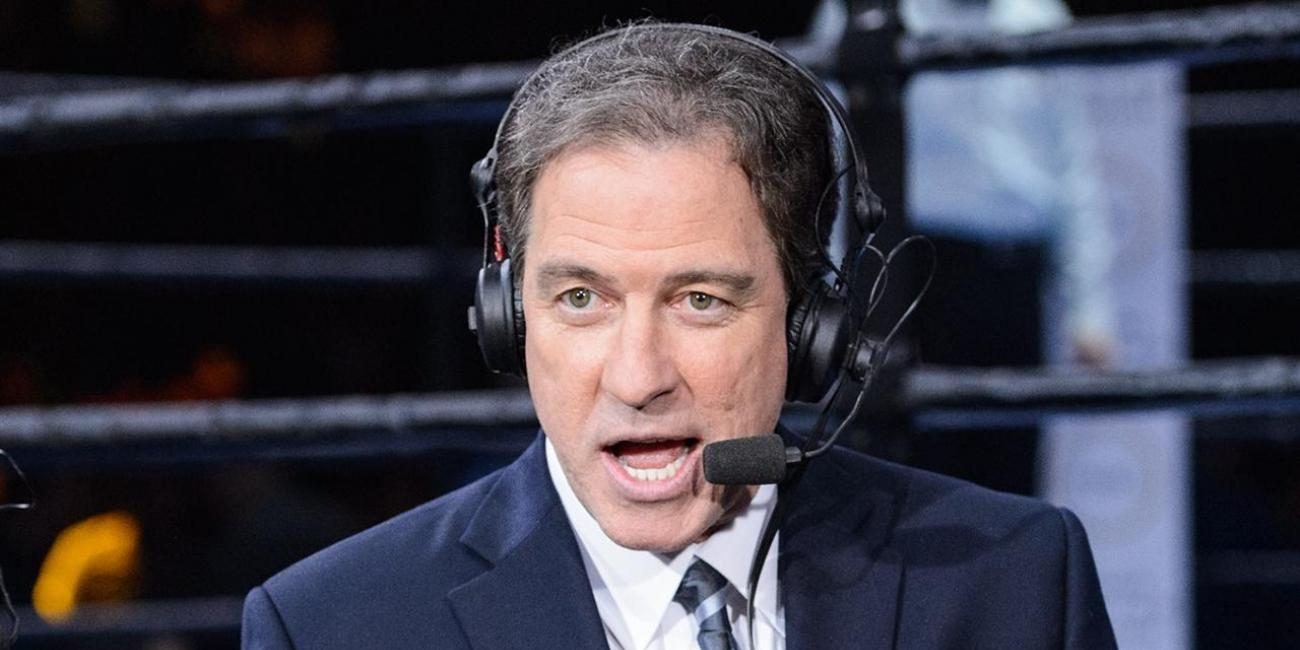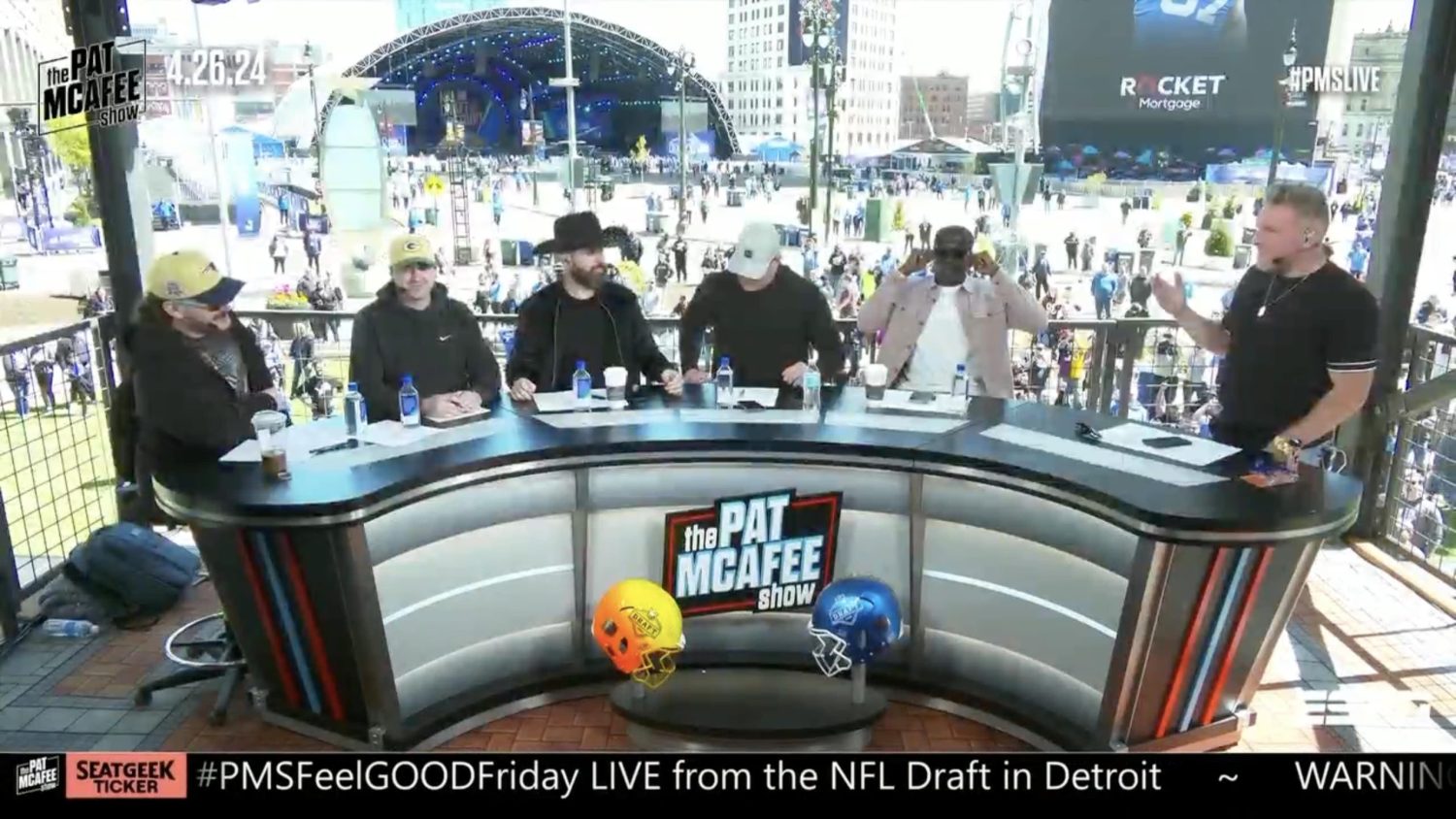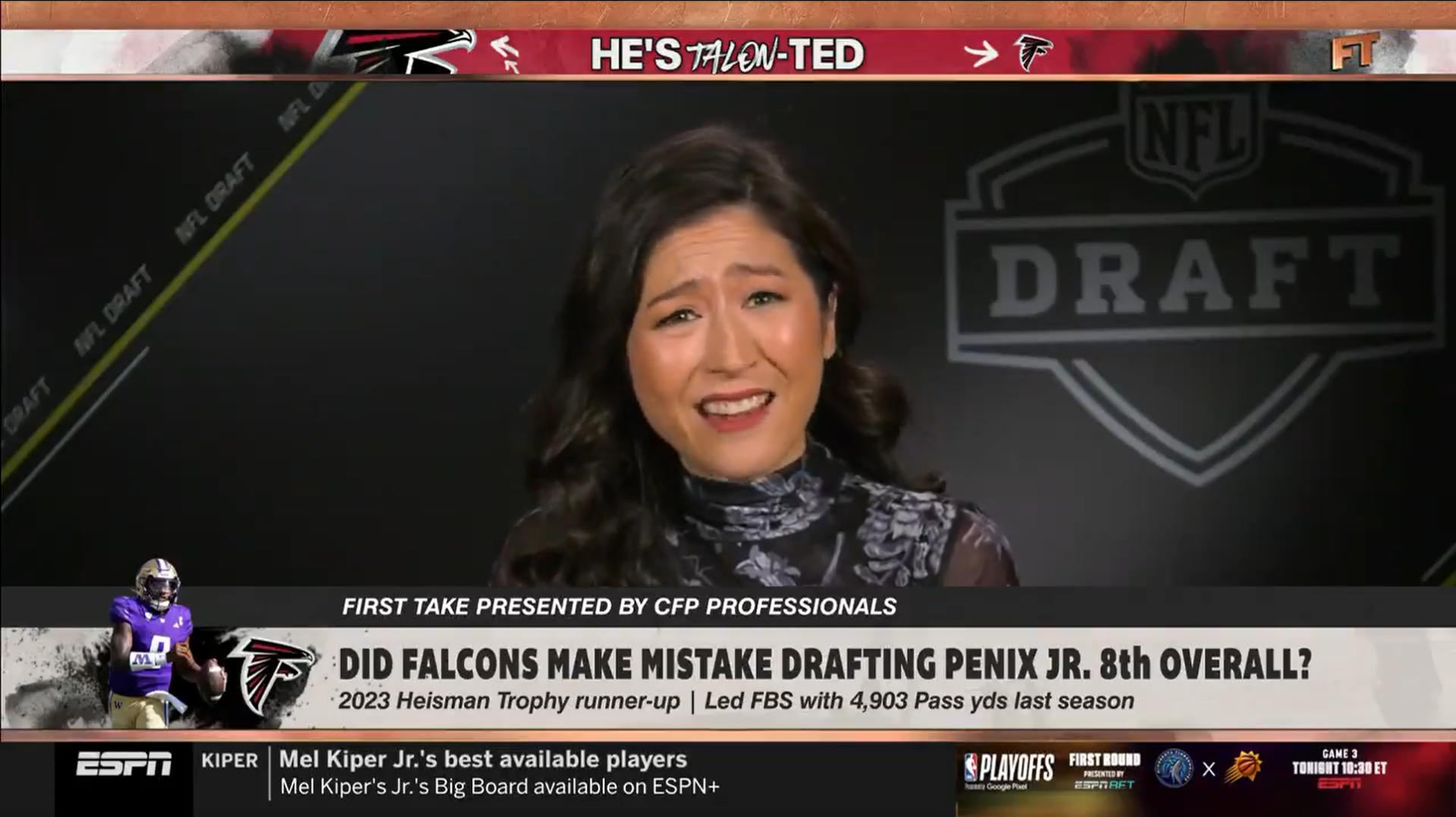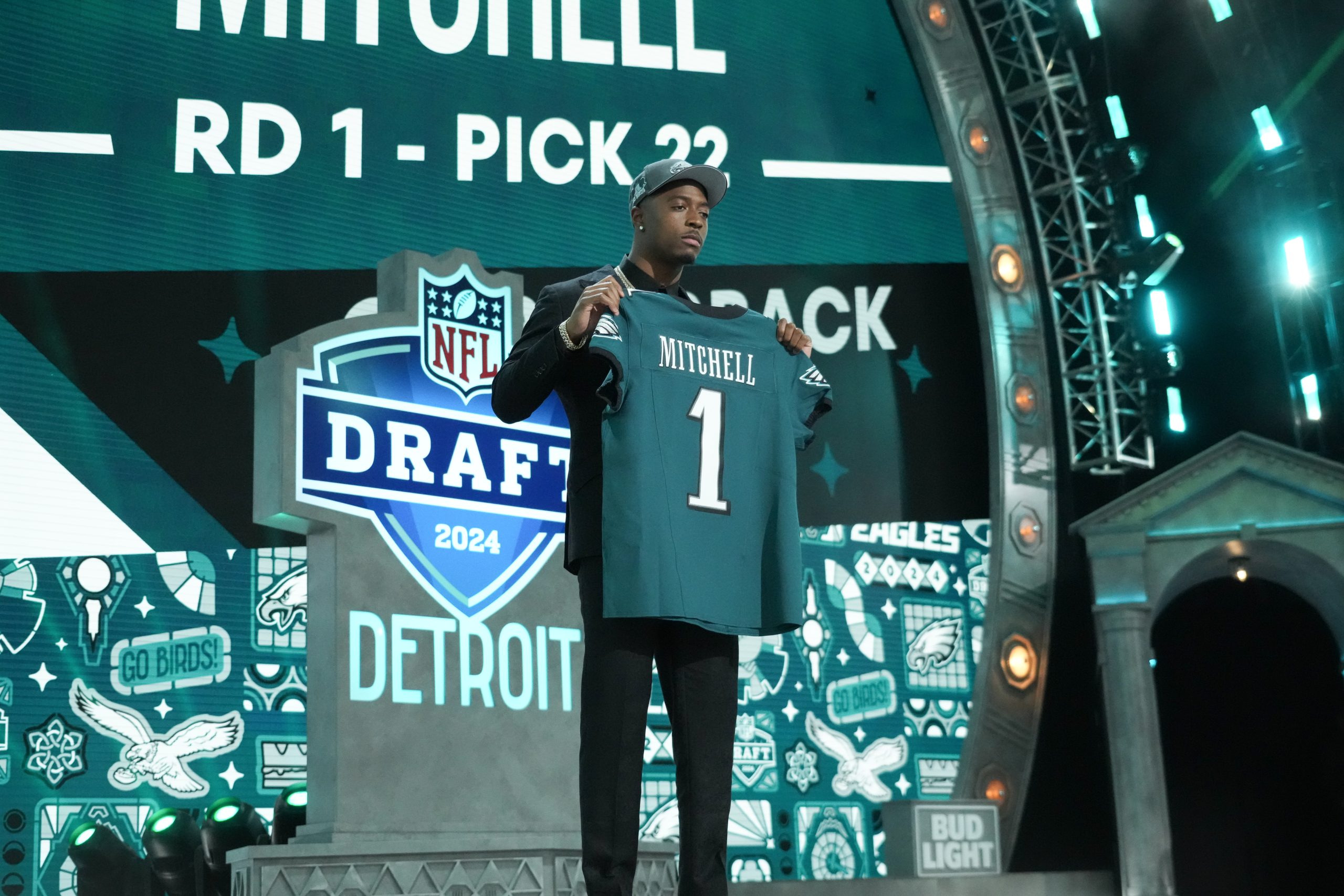Remember that innocent comment from Boston College athletic director Gene DeFilippo that said, “ESPN told us what to do” regarding realignment? Well, an e-mail released from Texas A&M athletic director Bill Byrne (right) dated July 21st of this year takes those conspiracy theories to the next level. The subect is entitled “Big-12 3rd tier issues or: Death by a thousand cuts.” Alllll righty then!!! Of course, A&M would would officially leave the Big 12 for the SEC two months later.
With the Big 12 on the verge of annihilation again this summer, there were many issues at stake – namely, consternation over the elephant in the room, Texas’ marriage with ESPN via the Longhorn Network. Byrne’s e-mail also sheds light on the complicated nature of television rights and the relationship of the Big 12, ESPN, Fox, and member institutions. However, it’s clear after reading the e-mail that ESPN’s conflict of interest with the Longhorn Network may have been an even bigger albatross than we imagined. Among the highlights of Byrne’s e-mail, which you can read in full here…
“The first year of cable system is the critical startup time. So far no cable systems have signed up. According to DeLoss (Texas AD DeLoss Dodds), tu (Texas) contract calls for one game with best efforts for a 2nd game. ESPN pushing hard to get clearances and inventory. Threatened Tech. DeLoss acknowledges ESPN rep did that but he stopped them from doing that any more. Privately Says he can control ESPN, publicly says he can’t.”
So an ESPN representative threatened Texas Tech with putting a game on the Longhorn Network? What exactly did they threaten Tech with? Negative press? Sticking Tech games on ESPNU at bad times? Sending Craig James to Lubbock? Did the Texas athletic director really have to stop ESPN from threatening other schools? It gets better…
“ESPN pushing hard to help tu (Texas) recruit high school prospects. They along with tu (Texas) lobbying NCAA hard to get interp that permits HS games on LHN. We have a new NCAA President and DeLoss cited him along with other NCAA top brass that they have been working with. Worry about ESPN financial ties to NCAA. Worry about tu (Texas) personal ties to NCAA staff.”
The wording here is important. According to this e-mail from the A&M athletic director, ESPN was pushing to help Texas recruit high school athletes. Not to put games on the network to make a profit. That’s an important distinction. If ESPN was wanting to telecast high school games to mainly help Longhorn recruiting (and thus the Longhorn program, and thus the Longhorn Network) there are major issues. It’s also of note that A&M was concerned with the money (i.e. power) ESPN had with the NCAA.
Again though, a word of warning before we all take our pitchforks to Occupy Bristol. This e-mail is coming from a rival athletic director of a program that eventually left the Big 12. Consider this isn’t the most unbiased source on Texas as Dan Wetzel, who linked the e-mail on Twitter, points out. The e-mail was also published by the Dallas Morning News early this morning. How much of this e-mail is fact, and how much is interpretation? In the worst case scenario for ESPN, it turns out they really are some sort of evil dragon-like creature that secretly rules the sports world. In the best case scenario, this is a rogue athletic director they can deny with a quick statement in hopes of wishing away a story. It is made clear in the e-mail that A&M was already planning an exit strategy from the Big 12, Texas, and maybe even Longhorn Network. Byrne says in the e-mail, “We need a backup plan. SEC? Pac-12? Bigger-10?”
Byrne himself asks the question as to why ESPN paid so much money for the Longhorn Network. “One guess is that ESPN will eventually add pro programming to LHN so they can better compete with FSW. Not enough inventory from tu (Texas) alone. It appears they have the right to do that. Another guess may be to add mid-major conference games as well.”
And finally, Byrne raises other important questions to close his e-mail:
“Other issues and questions Since we have watched ESPN give LHN favoritism in these areas, will they now give them broadcast windows priority? Will they cross market LHN on ESPN broadcasts as they did in CWS? (ANSWER: YES!) How about talent?”
Now the ball lies in ESPN’s court to play defense. What will they have to say about a university athletic director suggesting Bristol threatened another university to play a game on their Longhorn Network? It’s pretty clear from this e-mail that Texas A&M had to leave the Big 12 because of ESPN’s intimate relationship with Texas. ESPN can trumpet their own journalistic intergrity all they want. What happens with Longhorn Network doesn’t take away from reports Mark Schwarz does at Syracuse or investigative work done elsewhere. However, if their business practices continue to raise these sort of serious, damning questions – namely, again, that ESPN threatened another university in some capacity! – the executives in Bristol have a lot to answer to.








Comments are closed.